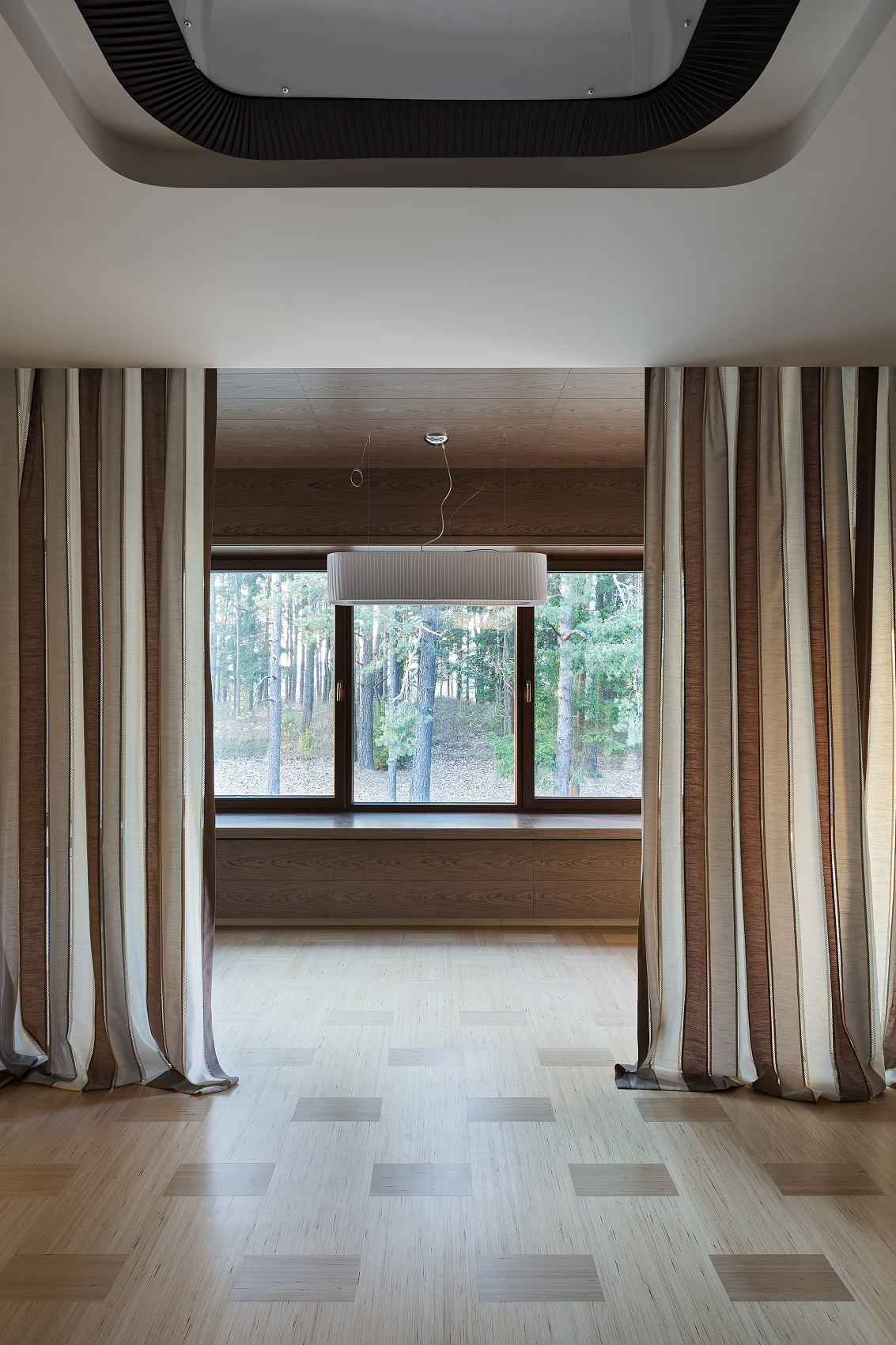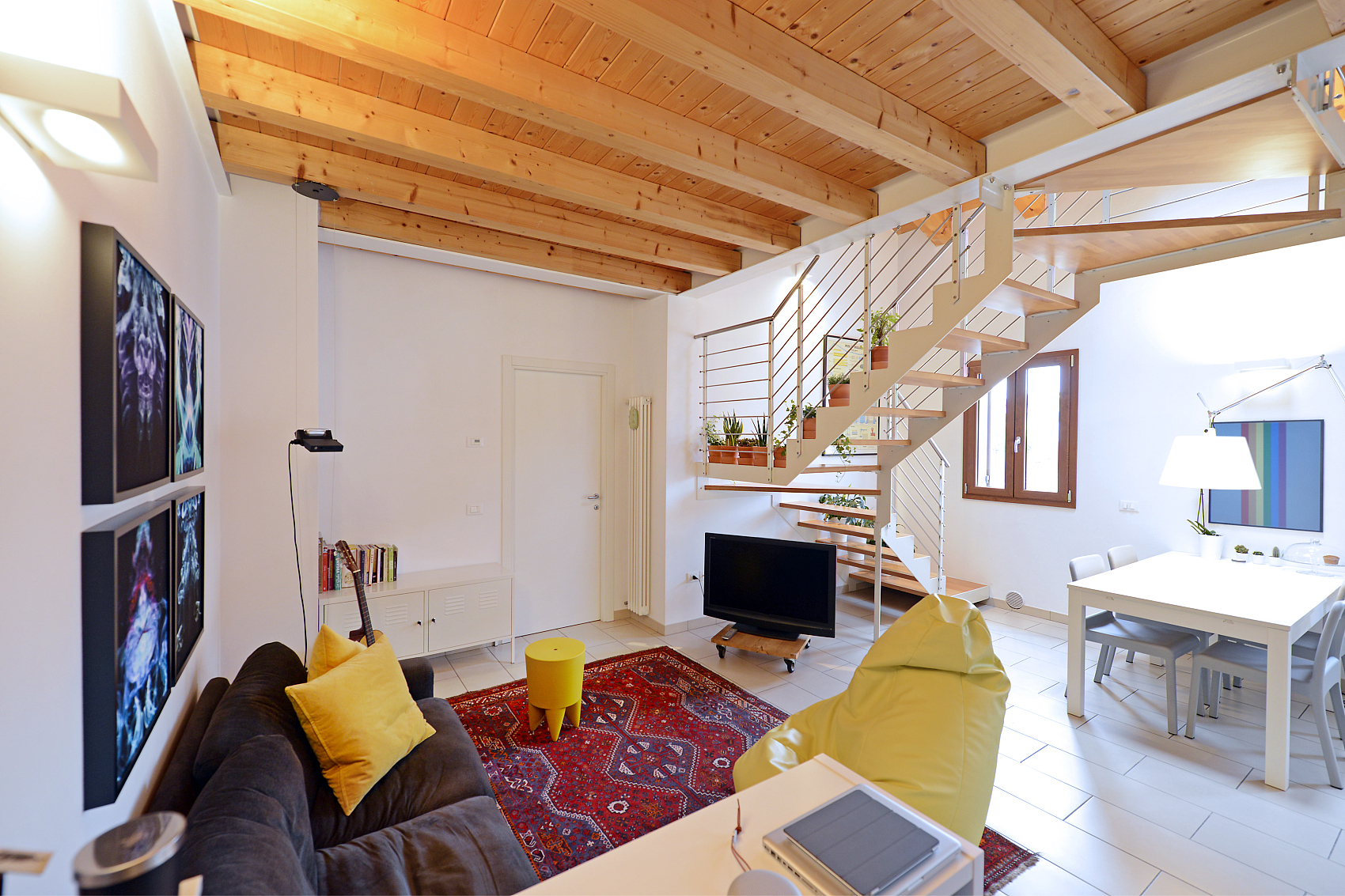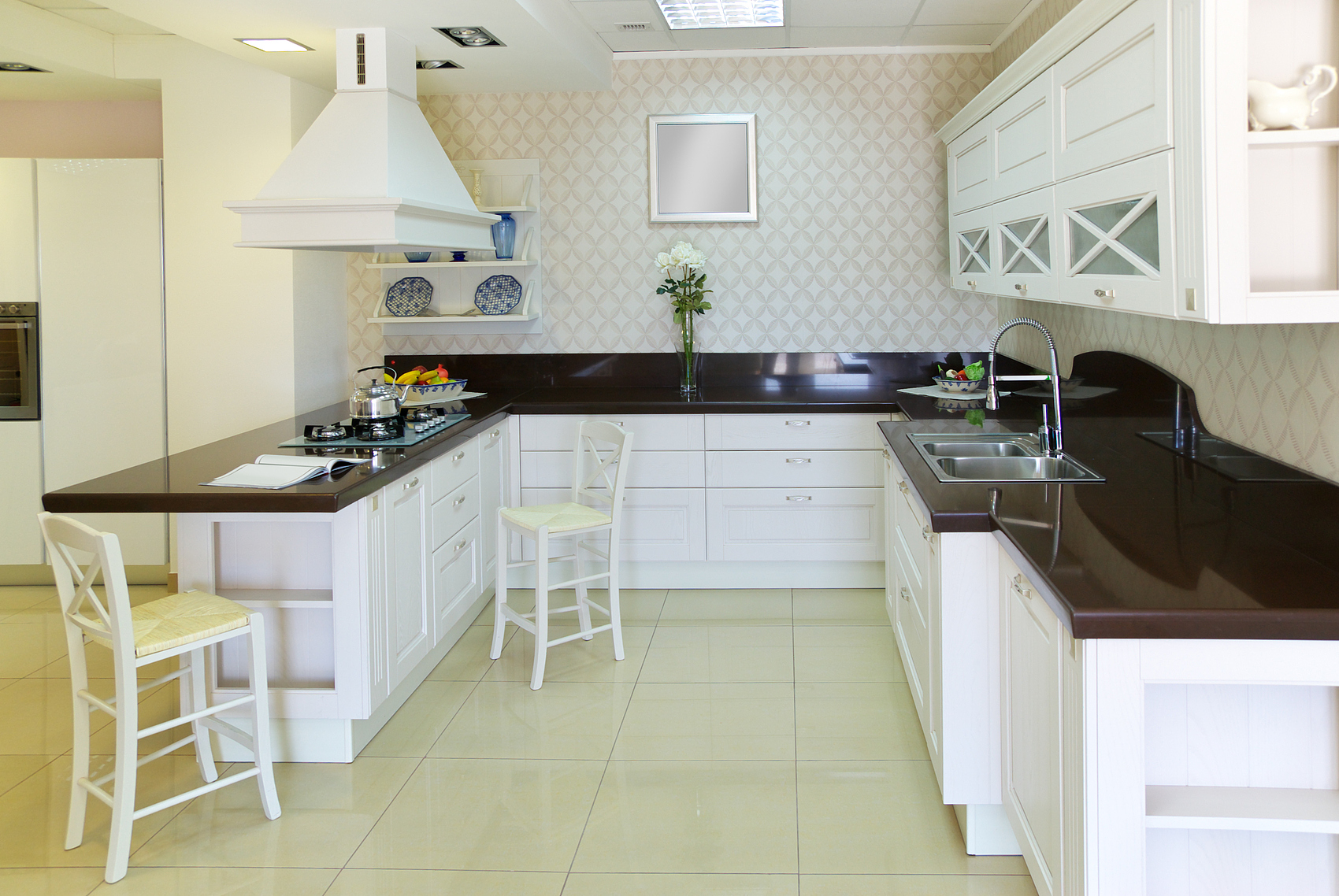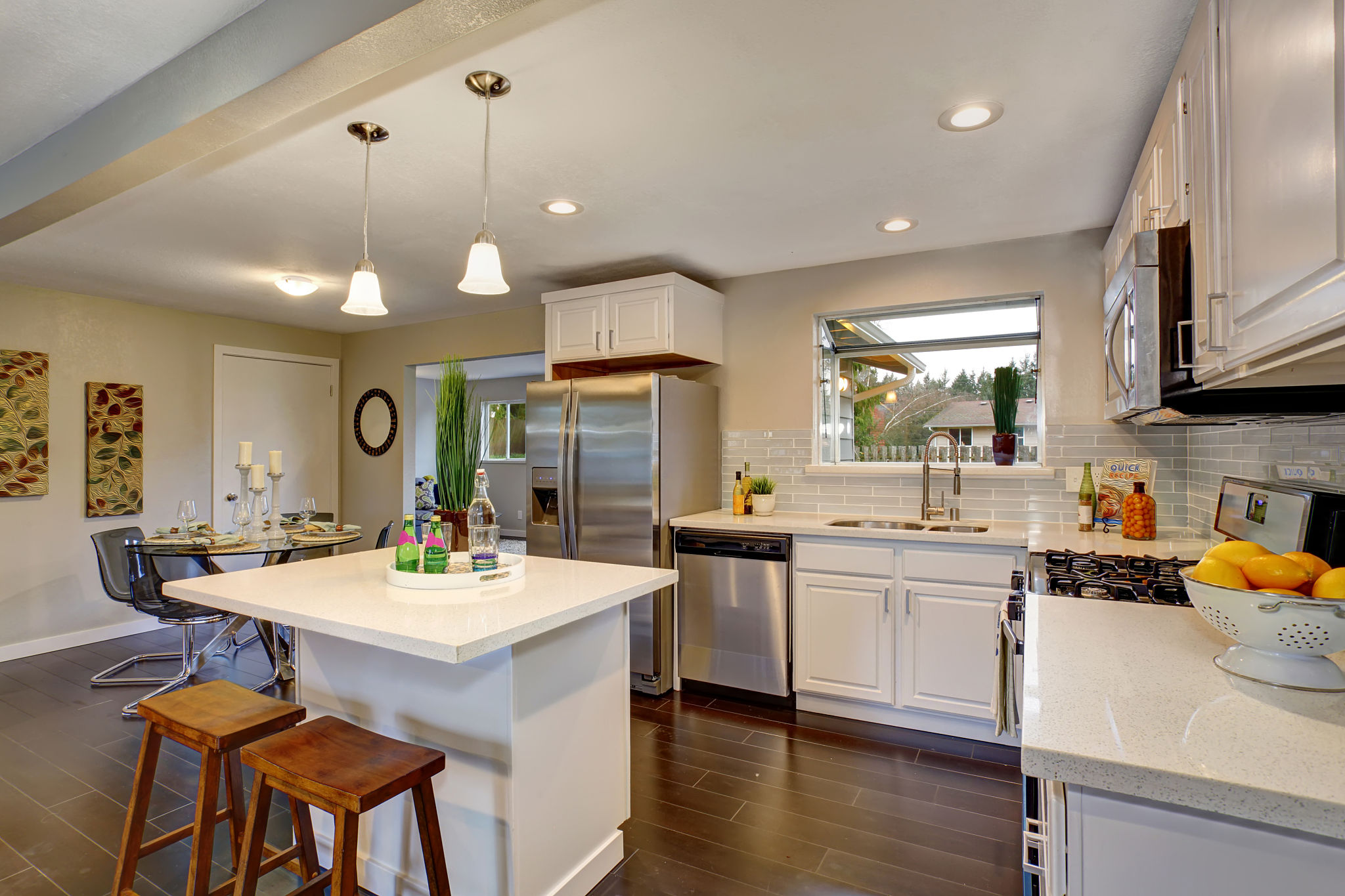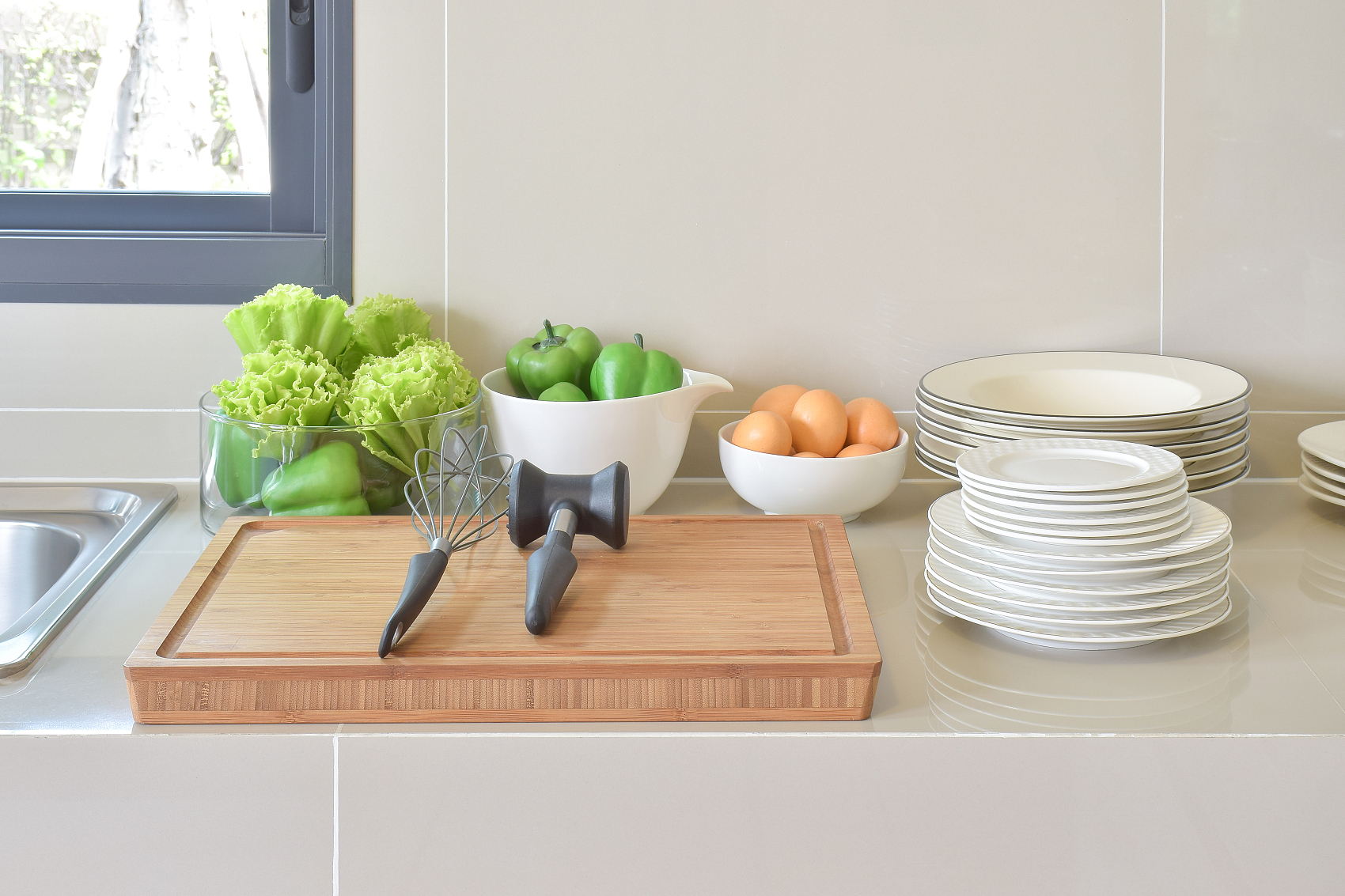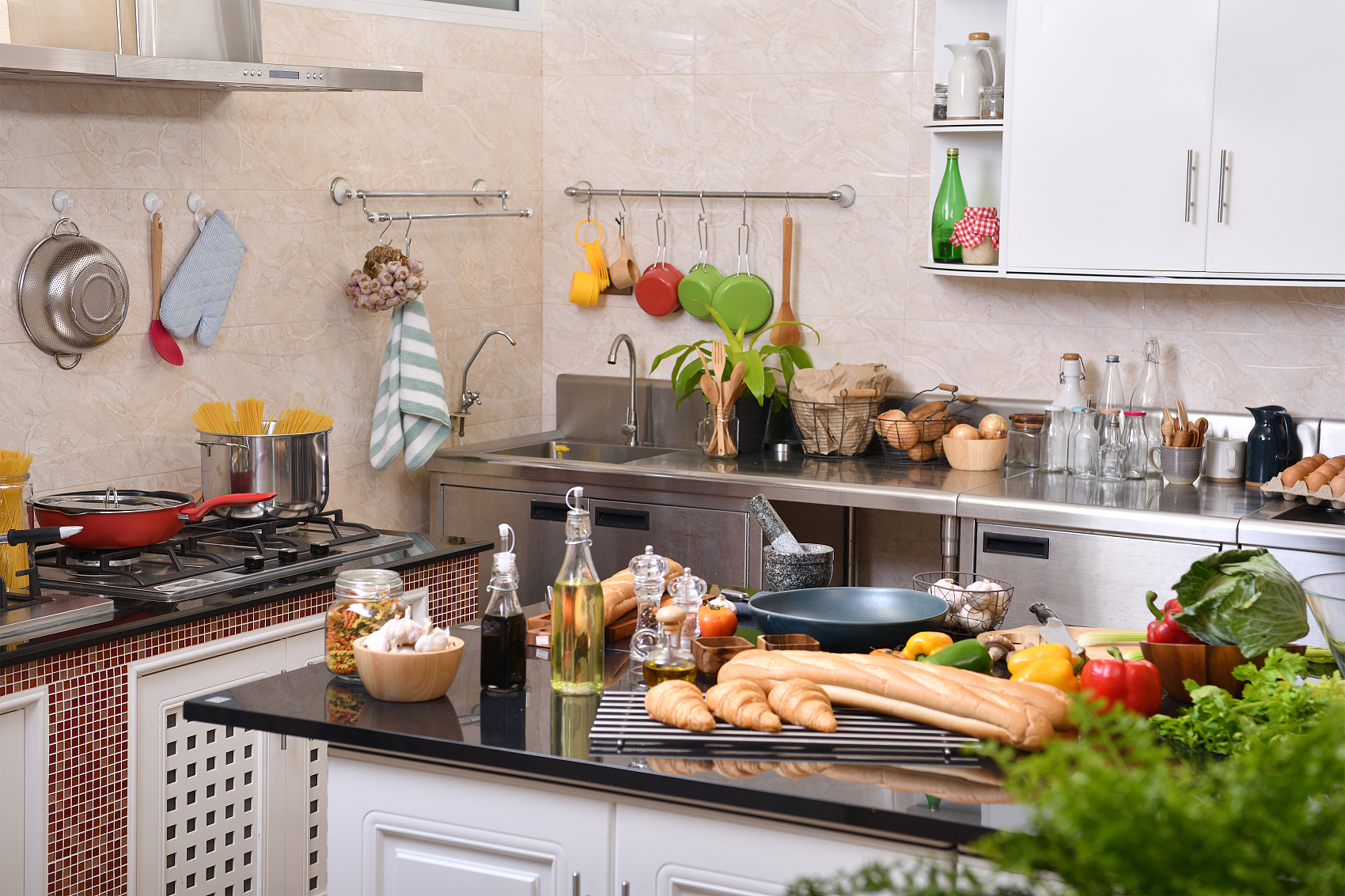In today’s world, making your home energy efficient is essential. Not only does it help lower your bills and create a more comfortable living space, but it also reduces your environmental impact.
The first step to enhancing energy efficiency is conducting an energy audit. This involves assessing how your home uses energy to identify areas for improvement. By pinpointing inefficiencies, you can tackle them directly and achieve significant savings.
You can start with a basic DIY audit by checking for drafts, inspecting insulation, and evaluating your heating system. For a more thorough analysis, consider hiring a professional. They use advanced tools to measure energy performance and suggest specific upgrades.
There are several ways to boost your home’s efficiency, such as improving insulation, upgrading your heating system, and exploring sustainable options like solar panels.
Improve Insulation
Good insulation is key to maintaining a stable temperature in your home. It keeps warmth in during winter and out in summer, reducing the need for constant heating and cooling. Different insulation materials offer various benefits in terms of cost, ease of installation, and sustainability. Focus on insulating your walls, roof, and floors, as well as checking windows and doors.

Upgrade to Energy-Efficient Windows
Windows can be a major source of heat loss. Upgrading to energy-efficient options like double or triple-glazed windows can make a big difference. These windows have multiple glass panes with insulating gas in between, which helps minimize heat transfer. When replacing windows, consider frame materials: uPVC is low-maintenance and durable, while wood offers a classic look. Aluminum frames are strong but need thermal breaks for better efficiency.
Energy-Efficient Heating Solutions
Heating is one of the largest energy expenses in a home, so it’s vital to choose an efficient system. Modern heating solutions are designed to provide the same warmth using less energy. For example, column radiators have multiple columns that increase heat exchange and retain warmth longer, reducing the need for constant heating.
Smart Thermostats and Heating Controls
Smart thermostats can significantly enhance your home’s energy efficiency. They allow you to control your heating remotely, set schedules, and monitor energy usage. By optimizing your heating schedule, you can ensure your home is only warm when needed, preventing wasted energy. Make the most of your smart thermostat by setting lower temperatures when you’re away and reviewing energy reports for further improvements.
Upgrade to LED Lighting
Switching to LED lighting is one of the easiest ways to cut energy consumption. LEDs use much less energy than traditional bulbs and last longer, saving you money on both your electricity bill and replacement costs. When upgrading, choose the right color temperature for your space—warm white for living areas and cool white for task lighting in kitchens and bathrooms.
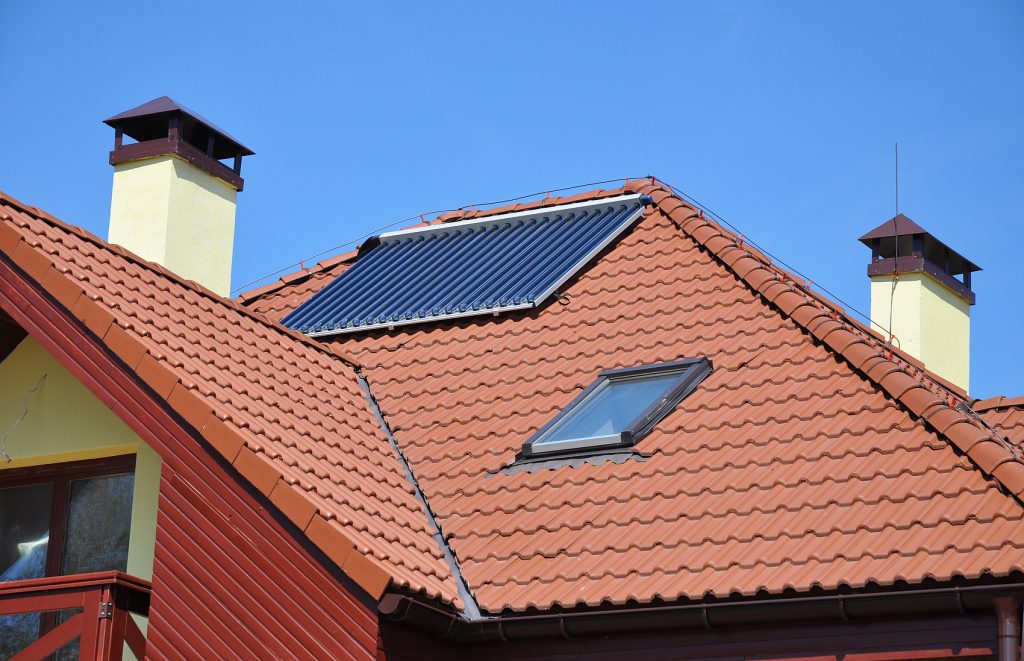
Solar Panels
Investing in solar panels is a great long-term solution for energy efficiency. They harness solar energy to generate sustainable electricity, which lowers your bills and reduces your carbon footprint. With decreasing costs, solar panels are becoming more accessible and can also increase your home’s value.
Small Changes that Make a Big Difference
Everyday habits also contribute to energy efficiency. Simple actions like turning off lights when not in use, unplugging devices, and using energy-saving plugs can add up to significant savings. Other tips include using draught excluders on doors and windows and installing radiator reflector panels to direct heat back into the room.
In summary, enhancing your home’s energy efficiency involves both major upgrades and small adjustments. From conducting an energy audit to improving insulation, windows, heating systems, and lighting, every effort counts. By taking these steps, you can enjoy the benefits of a more energy-efficient home, including lower energy bills, greater comfort, and a reduced environmental impact.



